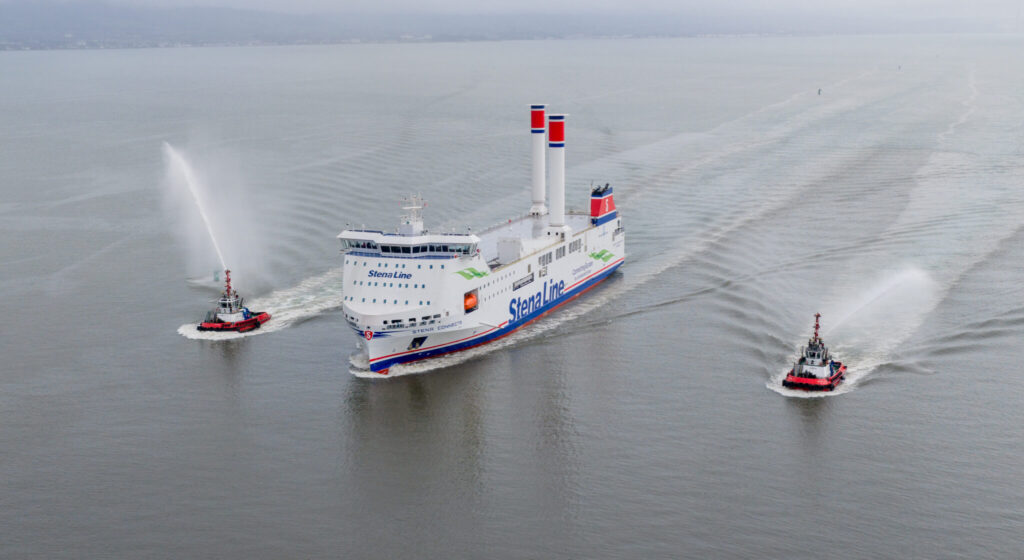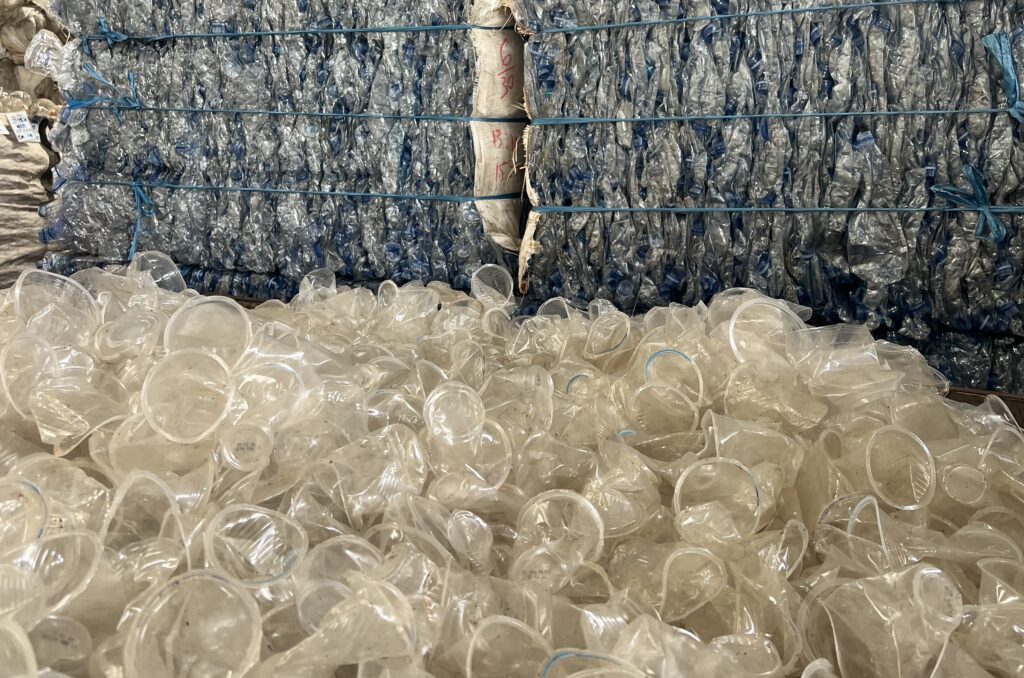Based on a 2010 baseline, the clothing sector needs to cut carbon emissions by 45% within the next seven years to stand a chance of hitting net zero by 2050.
In a bid to help drive change among companies in the sector, the Sustainable Apparel Coalition (SAC) has now launched a Manufacturer Climate Action Program (MCAP). The organisation, which is made up of more than 280 member brands, retailers and manufacturers, alongside governments, academics and non-profit affiliates, including NIKE and Target Corporation, is working to enable members to start decarbonising now through an ‘intermediate pathway’ to measure impact and develop science-aligned targets.
Focusing on Scope 1 and 2 – emissions companies have direct control over – it is hoped that this will allow for significant first steps to be made. Scope 3, linked to supply chains, are far more complicated an issue to tackle, and as such by getting firms started on what they can do now it mayb make it easier to look at Scope 3 emissions further down the line. This process will follow a clear timeline:
*Set, validate and disclose company-wide science-aligned emission reduction goals
*Receive recommendations and training on developing climate risk assessments for operations, including physical and transition risks, and documenting these to bridge connections with value chain partners, including brands
*Manufacturers receive guidance for developing their decarbonisation plan, responding to the industry’s growing call for transparency and enabling effective allocation of investments and resources
*By fostering a culture of transparency and accountability, MCAP encourages manufacturers to annually disclose progress and share reports publicly, promoting a commitment to openness that will ensure accountability within organisations
‘At our size and scale, we have a responsibility to drive impact,’ said Noel Kinder, Chief Sustainability Officer at NIKE, Inc. ‘With a challenge like climate change, we know we can’t do it alone. NIKE’s SCAP was designed to help suppliers take a leadership role in addressing their climate risk. Working with SAC and Target to develop the MCAP program is the next step in scaling impact across NIKE’s supply chain and the industry.’
More on textiles and apparel:
Organisations invited to commit used workwear for groundbreaking polyester recycling
Fashion industry’s stark environmental impact stitched up in new report

















